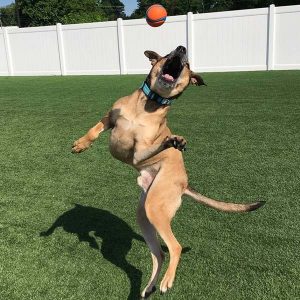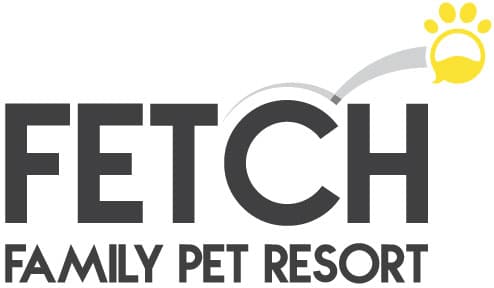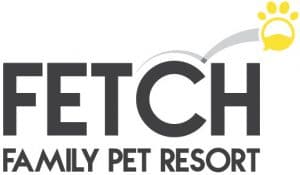Approximately 3 million new U.S. pets were purchased or adopted to brighten lives during the height of the COVID-19 pandemic. It was a surge unprecedented, and therefore comparative analysis is not available – but the behavioral differences in the “Generation P” dogs are noticeable.

There are an unknown number of dogs that are now, and forever more will be, products of the pandemic. While they were in the critical formative weeks of early life, particularly during 2020 and the first half of 2021, the behavior and socialization of this “Generation P” of dogs were affected by lack of normal contact and experiences during the long months of quarantine isolation.
Many of the pups of “Generation P” had few, if any, of the experiences pups adopted prior to the pandemic experienced. Instead, their early months were largely spent in the company of their owners and perhaps with older dogs in their households. To make matters worse, a larger than usual number of pandemic dog adoptions were to first-time owners more likely to make novice mistakes with socializing puppies correctly even in a normal environment. This produced a perfect storm of bad circumstances at a critical time in the developmental stages of these dogs.
Whether more dogs are being given up for adoption currently depends on whom you ask. The American Kennel Club estimates that 73% of first-time dog owners who adopted a puppy during the pandemic have at least considered rehoming them or turning them in to a shelter. A recent USA Today article noted owner surrenders are up 82.6%. In contrast, those same figures show a small percentage drop in surrenders compared to the pre-pandemic year 2019.
If you have a Generation P dog and are experiencing some or all of these issues, reach out to me and let’s discuss options and ways to improve behaviors. I am only a bark away.
– Carolyn

